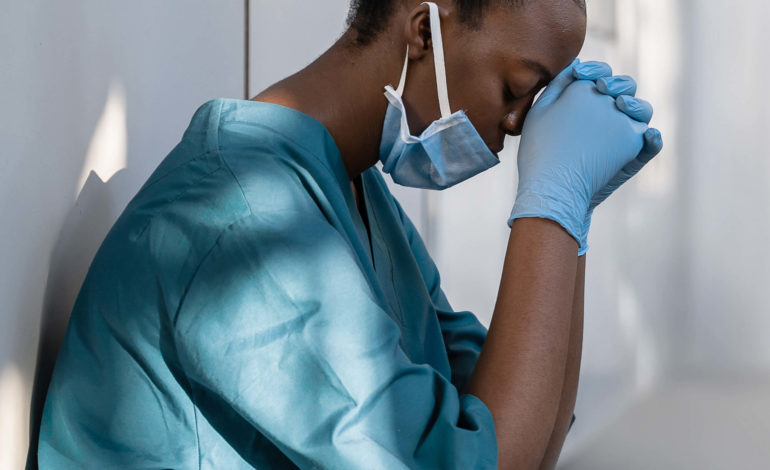Christmas is a magical time of year for many, but it can also be a difficult time of year for those who cannot spend it with loved ones or those who are struggling with an addiction or mental health disorder. This year is particularly challenging with the global pandemic, which has resulted in so much loss and hardship for nearly everyone. But with difficult times, eventually comes hope and gratitude. If you are currently in recovery, there are many beautiful things that you can be thankful for around this holiday season. Like the 12 days of Christmas, where a gift represents each day, we can celebrate the recovery gifts during this wonderful time of year.
Community and friendships
Addiction breeds loneliness and isolation, resulting in the loss of friends and family. The opposite is also true, meaning that loneliness can often lead to substance abuse. Turning to the “comfort” of alcohol or drugs becomes a way of coping with feeling alone, rejected, unloved, and confused. Entering recovery allows us to re-build our relationships and enter back into a healthy and supportive community. These relationships are essential to recovery and to maintaining a connection to others, to something bigger than yourself. Within the gift of community and friendship lie inclusion, purpose, and love.
Respect and trust
Addiction, especially within the family unit, can break trust as lies and deception surround substance abuse. Parents and siblings often lose respect and trust for their loved ones, as they can no longer decipher between the truth and a lie. Recovery allows the individual to take responsibility for their actions and adopt healthy tools and coping mechanisms to help them gain the gift of respect and trust within their family unit.
Acceptance
“Grant me the serenity to accept the things I cannot change, courage to change the things I can change, and wisdom to know the difference.” In recovery, acceptance means learning to be satisfied with your whole self, even your flaws. Addiction can breed a lot of resentment for past actions and behaviors, but the gift of acceptance in recovery allows you to acknowledge where you are in your present journey.
Accountability
One of the greatest gifts in recovery stems from the practice of accountability. Accountability comes from the acknowledgment and assumption of responsibility for your actions and your willingness to accept related consequences. This includes making amends with individuals you have hurt throughout your addiction.
Honesty
Being honest with yourself and with others is one of the greatest gifts of recovery. Unfortunately, addiction naturally breeds lies and deceit. Thankfully, recovery allows you to be your true self by taking personal inventory and responsibility when you are wrong by owning up to it in a timely fashion.
Clarity
Whether it is from alcohol or drugs, being under the influence results in unclear judgment and clouded minds. You cannot think or act clearly. Recovery gives you the mental and emotional clarity necessary to make wise and respectful decisions towards yourself and others.
Mindfulness
Mindfulness is one of the most vital gifts during recovery. Many individuals, regardless if they struggle with addiction or have been sober their entire lives, may not be able to adopt the concept of mindfulness. Recovery specifically teaches you mindful coping skills and techniques to help you navigate the challenges and perils of life. Mindfulness emphasizes the importance of being in the present and being aware of what is going on with us and within our environment at the moment. The gift of mindfulness allows us to see our behaviors and thoughts in a non-judgmental manner. When we practice mindfulness in recovery, we can move in ways that have a purpose and not just out of habit.
Health
Alcohol and drug use can wreck our physical bodies, both in the short term and in the long term. Alcohol and drugs negatively affect nearly every organ in our body. When we enter recovery, we are given the gift of health. Recovery allows our physical bodies to heal while also allowing our minds to gain clarity.
Purpose
Addiction is a cycle of habit, and we become so enthralled in this cycle that we lose our sense of self and our purpose in life. Addiction affects every aspect of our lives, and we quickly lose who we are as people, the deeper we get into the throes of alcohol and substance abuse. When we enter recovery, we are given the gift of purpose. We become stronger and more secure in ourselves, and we can live much more productive lives. The gift of purpose allows us to find true meaning in our work, in our relationships, in our homes, and within ourselves.
Let’s take time this Christmas to recognize and celebrate the beautiful gifts of recovery.




